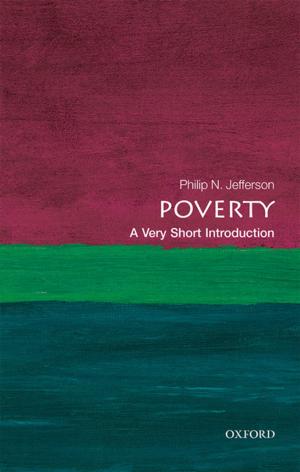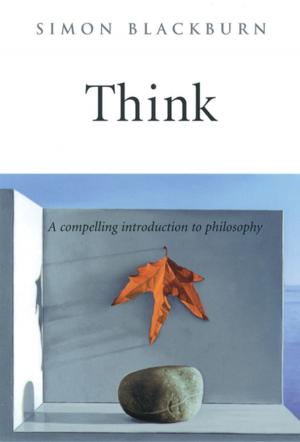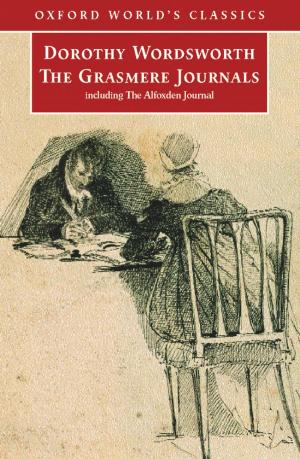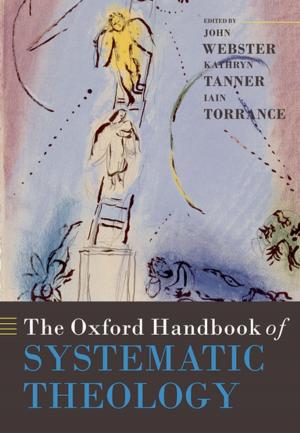| Author: | Mark Edele | ISBN: | 9780191613678 |
| Publisher: | OUP Oxford | Publication: | February 17, 2011 |
| Imprint: | OUP Oxford | Language: | English |
| Author: | Mark Edele |
| ISBN: | 9780191613678 |
| Publisher: | OUP Oxford |
| Publication: | February 17, 2011 |
| Imprint: | OUP Oxford |
| Language: | English |
Stalinist Society offers a fresh analytical overview of the complex social formation ruled over by Stalin and his henchmen from the late 1920s to the early 1950s. Drawing on declassified archival materials, interviews with former Soviet citizens, old and new memoirs, and personal diaries, as well as the best of sixty years of scholarship, this book offers a non-reductionist account of social upheaval and social cohesion in a society marred by violence. Combining the perspectives from above and from below, the book integrates recent writing on everyday life, culture and entertainment, ideology and politics, terror and welfare, consumption and economics. Utilizing the latest archival research on the evolution of Soviet society during and after World War II, this study also integrates the entire history of Stalinism from the late 1920s to the dictator's death in 1953. Breaking radically with current scholarly consensus, Mark Edele shows that it was not ideology, terror, or state control which held this society together, but the harsh realities of making a living in a chaotic economy which the rulers claimed to plan and control, but which in fact they could only manage haphazardly.
Stalinist Society offers a fresh analytical overview of the complex social formation ruled over by Stalin and his henchmen from the late 1920s to the early 1950s. Drawing on declassified archival materials, interviews with former Soviet citizens, old and new memoirs, and personal diaries, as well as the best of sixty years of scholarship, this book offers a non-reductionist account of social upheaval and social cohesion in a society marred by violence. Combining the perspectives from above and from below, the book integrates recent writing on everyday life, culture and entertainment, ideology and politics, terror and welfare, consumption and economics. Utilizing the latest archival research on the evolution of Soviet society during and after World War II, this study also integrates the entire history of Stalinism from the late 1920s to the dictator's death in 1953. Breaking radically with current scholarly consensus, Mark Edele shows that it was not ideology, terror, or state control which held this society together, but the harsh realities of making a living in a chaotic economy which the rulers claimed to plan and control, but which in fact they could only manage haphazardly.















